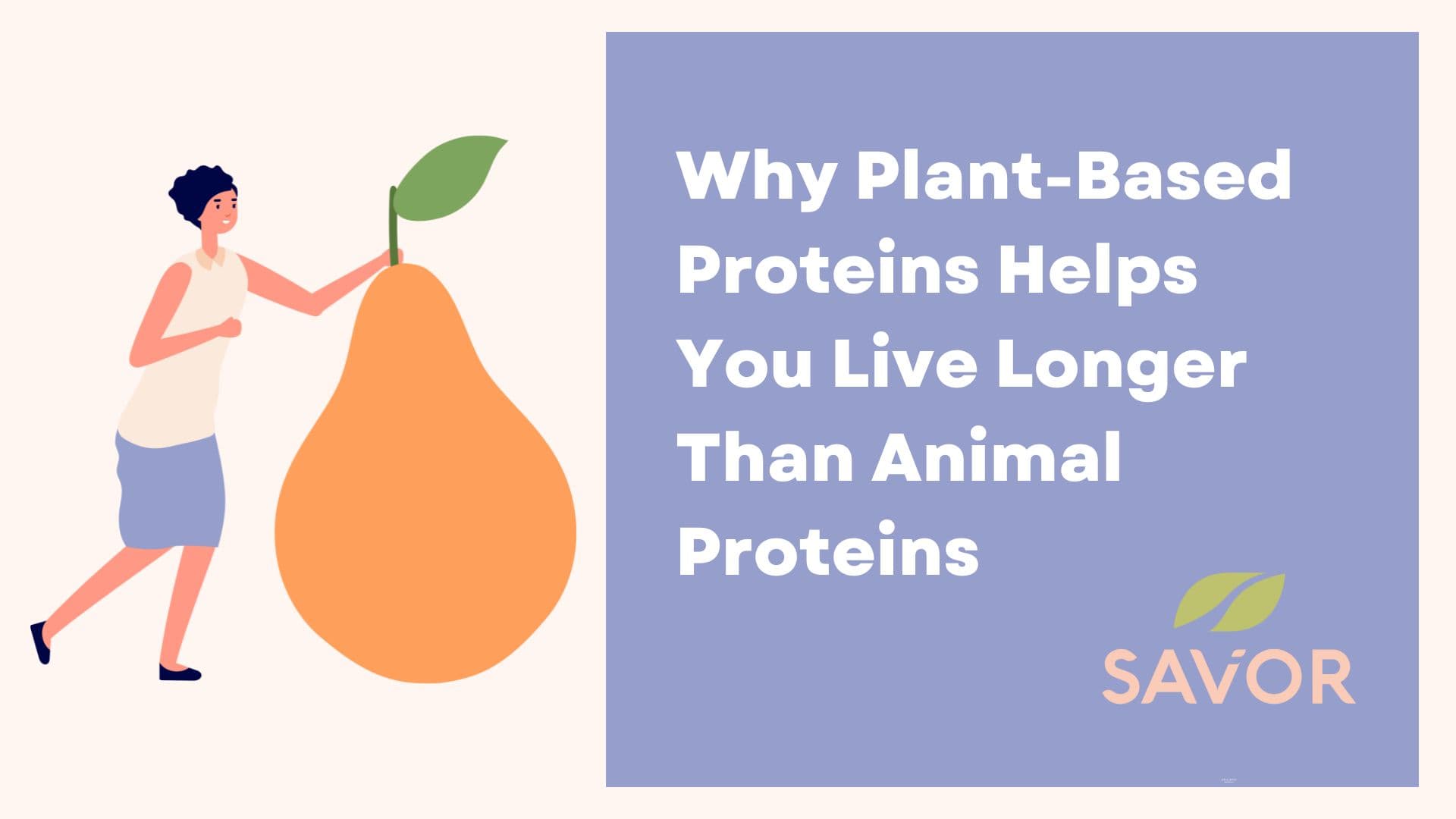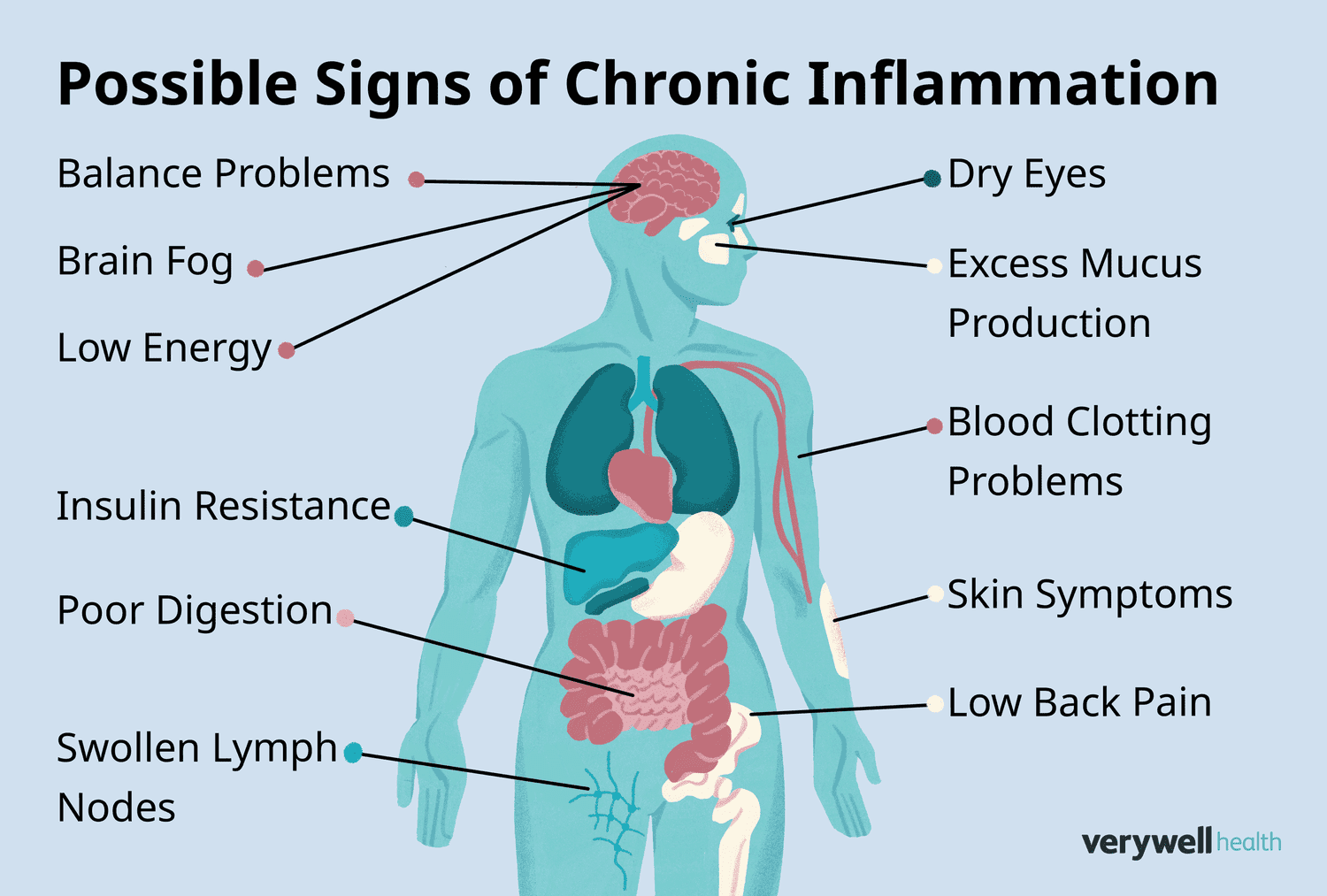Why Plant-Based Proteins Helps You Live Longer Than Animal Proteins
In the growing conversation around health and longevity, plant-based diets have steadily taken center stage—and for good reason.

Why Plant-Based Proteins Helps You Live Longer Than Animal Proteins
In the growing conversation around health and longevity, plant-based diets have steadily taken center stage—and for good reason.
Emerging research from major health publications points to a direct link between plant-based protein and longer life expectancy.

The Inflammation Connection
Chronic inflammation is a known driver of aging and many major diseases. Diets rich in plant proteins—such as those found in legumes, nuts, seeds, and whole grains—appear to reduce markers of systemic inflammation, particularly C-reactive protein (CRP). A UK Biobank study involving over 128,000 older adults found that those who consumed more plant protein and fiber had significantly lower CRP levels, a key indicator of chronic inflammation. Lower inflammation, in turn, is closely associated with reduced risk of cardiovascular disease, cancer, and type 2 diabetes.

Longevity and Mortality Rates
One study, referenced in PubMed, focused on elderly populations and revealed that individuals who consumed a diet high in healthy plant-based foods experienced a notable decrease in all-cause mortality. Notably, diets emphasizing fruits, vegetables, legumes, and whole grains—while minimizing processed plant foods—provided the greatest benefit. These results are echoed in findings from the University of Sydney, which reported that plant-focused diets not only support heart health and metabolic function but also improve overall survival rates in older adults.

Animal vs. Plant Protein: A Crucial Distinction
While animal proteins—especially red and processed meats—contain complete amino acid profiles, they are often accompanied by saturated fats and other compounds linked to adverse health outcomes. In contrast, plant proteins come with fiber, antioxidants, and phytonutrients that promote health at a cellular level.
Moreover, excessive intake of animal protein has been associated with higher levels of insulin-like growth factor 1 (IGF-1), which has been linked to accelerated aging and increased cancer risk. Plant proteins, meanwhile, provide sufficient nutrition without triggering such biological responses.

What This Means for You
Shifting your protein sources from animal-based to plant-based options could be a simple yet powerful step toward healthier aging. Whether it's swapping meat for beans in your chili or enjoying a tofu stir-fry instead of chicken, each plant-forward choice supports better metabolic function, reduces inflammation, and may extend your lifespan.
Sources:
Dr. Eddie's post on plant-proteins:
Meat or veg? Plant-based protein is linked to a longer life, research shows
Love great food and exclusive perks? Sign up as a Savor of Life member today and enjoy a FREE Buffalo Cauliflower with your main dish! Don't miss out—join now!
👉 Claim your reward here: Savor of Life Membership Offer
Planning an event? Let Savor of Life bring the flavors to you! From social gatherings to large celebrations, our catering services offer delicious, high-quality meals tailored to your needs.
📅 Book now and make your event unforgettable! → Savor of Life Catering
Ready to transform your wellness with specially made meals? Sign up for our Savor Transform 10-Day Challenge and enjoy exclusive perks, special offers, and unforgettable meals!